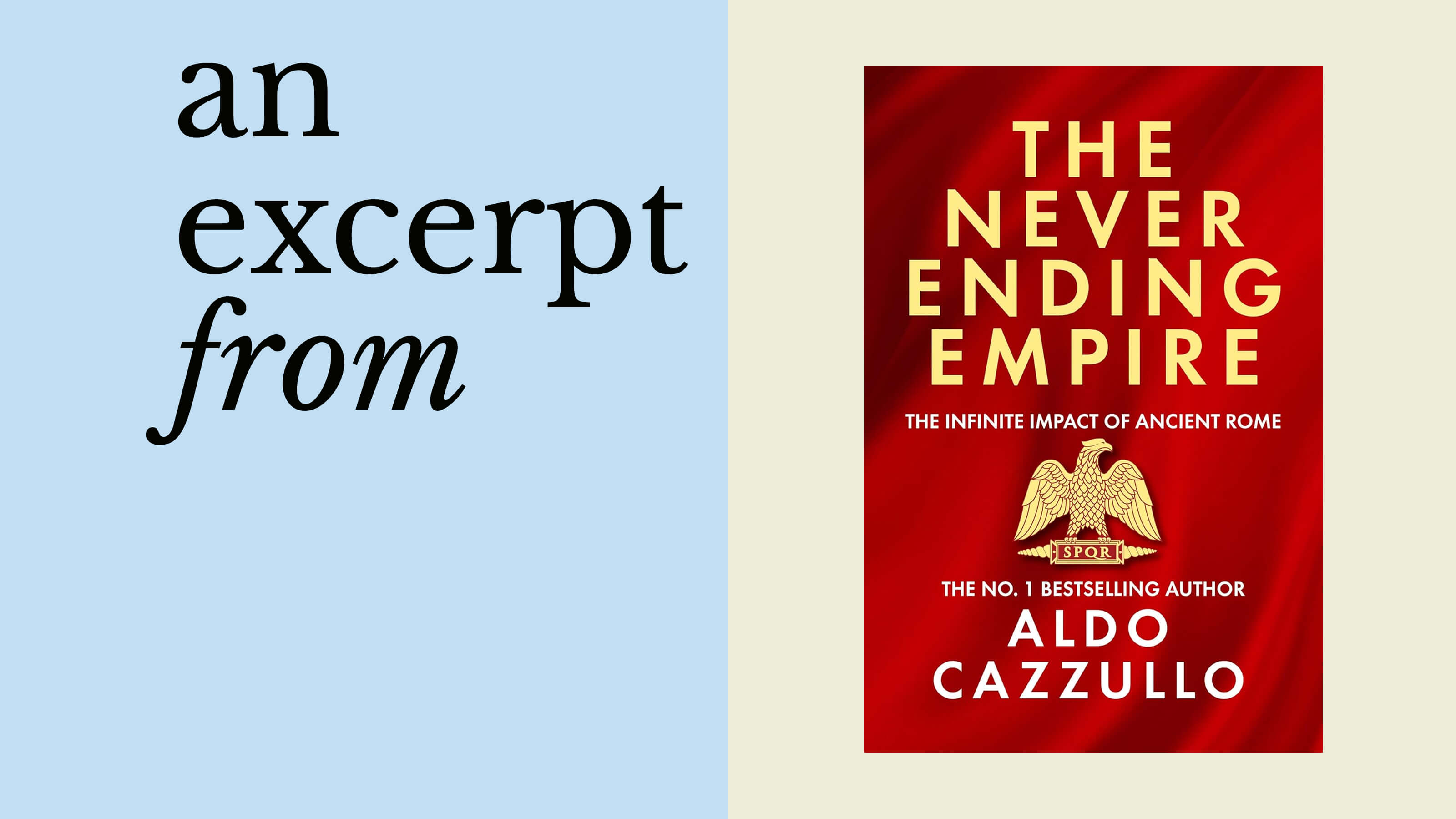Declaring Ourselves Citizens

In The Declaration of Independence, Thomas Jefferson referred to his fellow Americans as “citizens.” But in an early draft of the document, it’s clear that he originally used some other word. And instead of just crossing the original word out—as he usually did when he changed words—Jefferson made an effort to obliterate the word entirely, carefully tracing the word “citizens” over the original word.
Historians have wondered for a long time what the original word Jefferson used was. Now spectral imaging technology has allowed scientists to examine the draft document at wavelengths of light outside the visible spectrum. Researcher Fenella France was able to use imaging technology to distinguish between the chemical signatures of the original ink and the ink Jefferson used to write over it. Thanks to her we now know that word he erased so carefully was “subjects.”
It’s a dramatic change. Jefferson’s revision is emblematic of the political transformation underway in America, of the rejection of a traditional hereditary monarchy for a modern participatory democracy. The word “subject” is from a Latin verb meaning “to place under.” In the original 14th century use of the term subjects were essentially the passive property of kings, dependent on and inferior to them. When the American colonists chafed under British rule, they were indeed subjects. They were “subject” to the whims of the crown, and—as Jefferson knew—would have had little right to assert their independence from their rulers.
The word “citizen” is a more modern term, even if it came into use around the same time as the word “subject.” “Citizen” was the term used to describe people who lived in the free cities that developed somewhat outside the traditional feudal monarchies of Europe. Citizens, unlike serfs, didn’t owe allegiance to local lords. They were free men and women, all roughly equal to one another, who participated in the governing of their own communities. Citizens were closer to the inhabitants of ancient Athens—the original birthplace of Western democracy—than to the subjects of medieval European monarchies.
Democracy, obviously, did not arise in America out of nowhere. The American Revolution is just one pivotal moment in a sustained movement away from feudalism. Jefferson owed his ideas not only the ancient Greeks, but also to the long history of English opposition to the Crown, from the Magna Carta to the philosopher John Locke’s Two Treatises of Government. But Jefferson’s deliberate use of the term “citizen” was a conscious, decisive rejection of the old European system of aristocratic status and privilege. With that one word, Jefferson declared that we are all, indeed, created equal.





